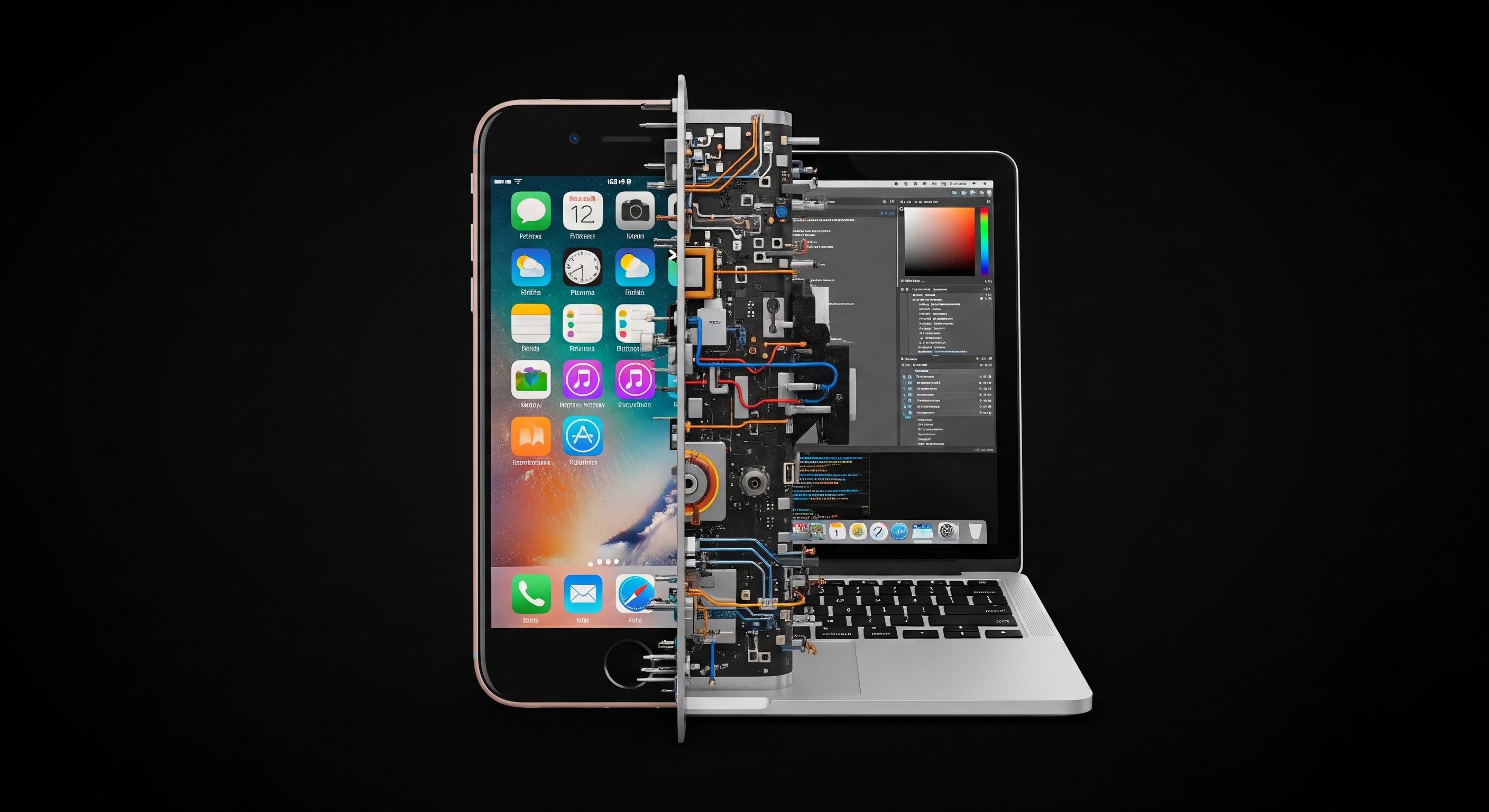Being shunned by local telecoms operators was most probably a blessing in disguise for residents of Maitengwe in Matabeleland South. This is because residents of Maitengwe used foreign currency (forex) mobile money wallets since they used telecommunications network from Mascom and Orange.
This was disclosed during today’s launch of Maitengwe USF Shared Base Station, a telecommunications tower that ensures that residents of this areas use local telecommunication networks (service providers), thus Netone, Telecel, Econet rather than Botswana’s service providers. Maitengwe is situated close to the Plumtree Border post, Matabeleland South. The country’s telecoms regulator, POTRAZ forked out as much as $400 000 out of the Universal Service Fund to materialize the telecommunications infrastructure. The base station is one of 250 base stations POTRAZ is going to construct this year alone.
Maitengwe’s blessing in disguise
Due to its remoteness and proximity to Botswana, Maitengwe lacked access to the local service providers and therefore its residents were forced to use service providers from neighboring Botswana to communicate. By virtue of using Mascom and Orange lines (sim cards), the Maitengwe residents used mobile money solutions that come with these networks, that is MyZaka and Orange Money respectively.
Basically, this means that Maitengwe’s residents were ‘Ecocashing’ ( thus sending, receiving money and making payments) in forex, Pula’s. Meanwhile in Harare or many urban cities people are failing not only to get forex but even the bond notes.
Honeymoon over now for Maitengwe?
With the installation of the Maitengwe USF Shared Base Station, the residents can now access local networks. However, I’m sure they will still access Mascom and Orange networks. Therefore, they are more likely to maintain using these networks because they get to use forex (Pula cash) which is accessible relative to bond notes or USD dollars of local telecoms mobile money wallets.













Comments
5 responses
Sure they can make payments to others in their community, but they can’t deposit or withdraw cash without making a trip across the border, and they can’t pay and local suppliers from a MyZaka or Orange Money account, so hard to see what real advantage they have?
This is the dumbest article i have ever read. “Ecocashing Forex?” This writer must have been living under a rock. Since 2009 we have been on the multi-currency regime using “FOREX.” Ecocash was introduced in 2011 same year as MyZaka. Unless this “SMART” writer thinks that US Dollars are not Forex because we use them everyday, then his smarts calls smartness into question. Please kindly think before you write. Use that thing between your 2 ears
Regular follower… But this article makes no sense… In order to use this service you’ll actually need Forex… And since when is exocashing becoming a verb
@Brian Along the borders, including Beitbridge the locals use forex and the shops also stock goods from across the borders so I guess they will maintain those foreign mobile money accounts unless they start dealing with someone inland. You don’t need to be in Botswana or SA to withdraw money. You just transfer to those inside and they will deposit or withdraw for you. It’s that simple
Haven’t you heard of DSTV subscriptions for people in Zimbabwe with SA registered accounts ?
If they have Pula’s floating around in the area, like in Vic Falls, then they can deal properly and toss the USD altogether.
Dear writer – you go our attention with the title, but it is misleading, and Ecocashing as a verb in this context ka – ayehwa sha.